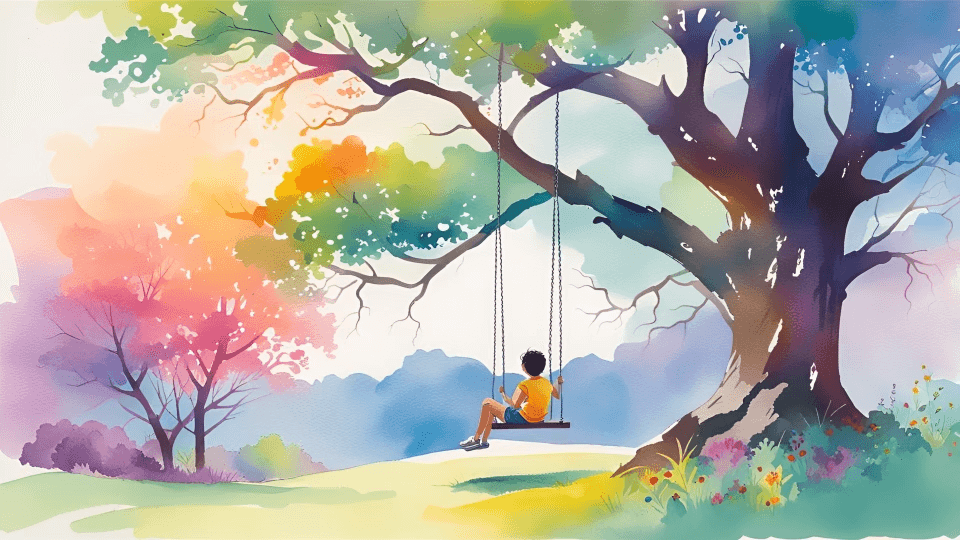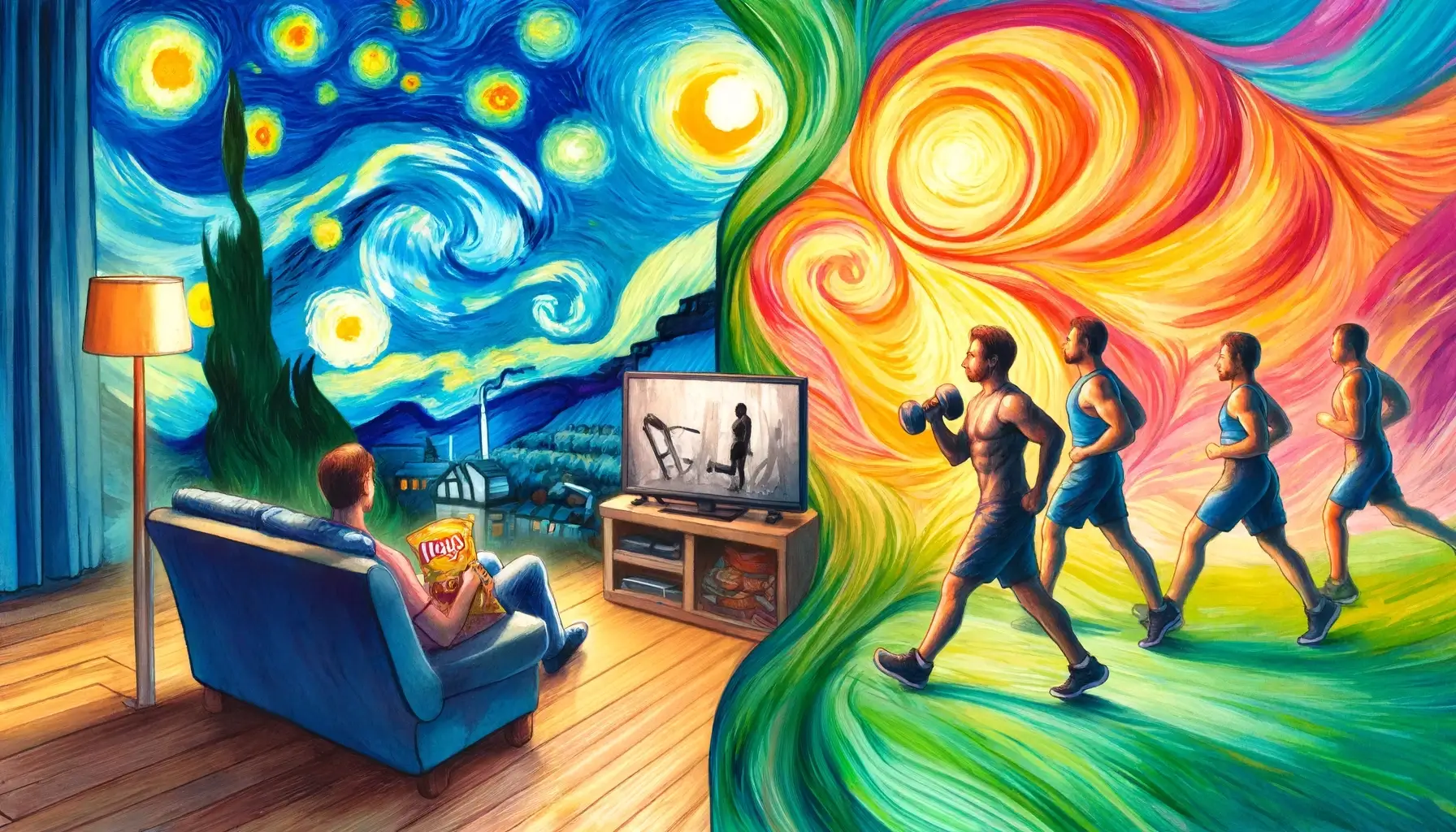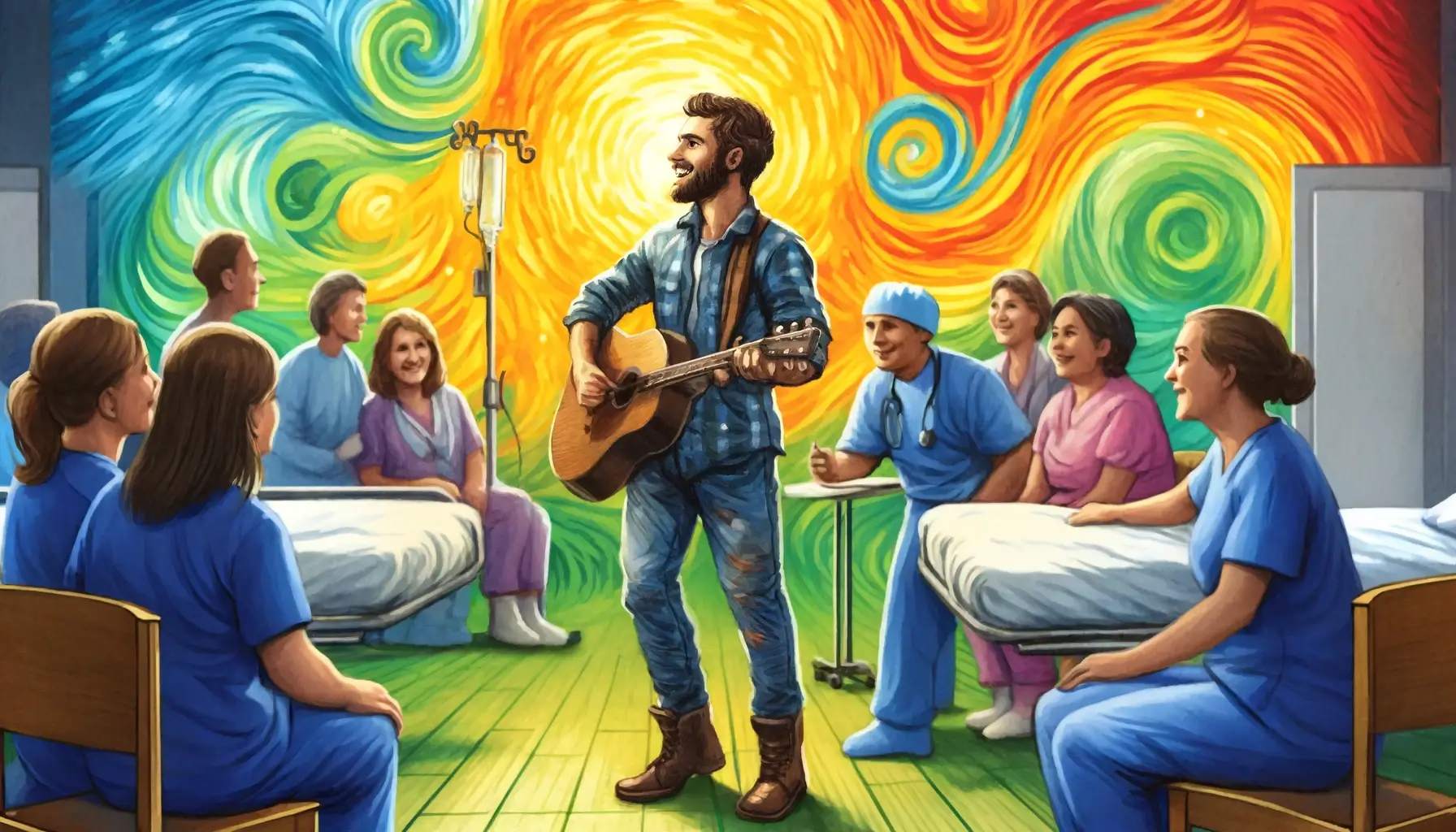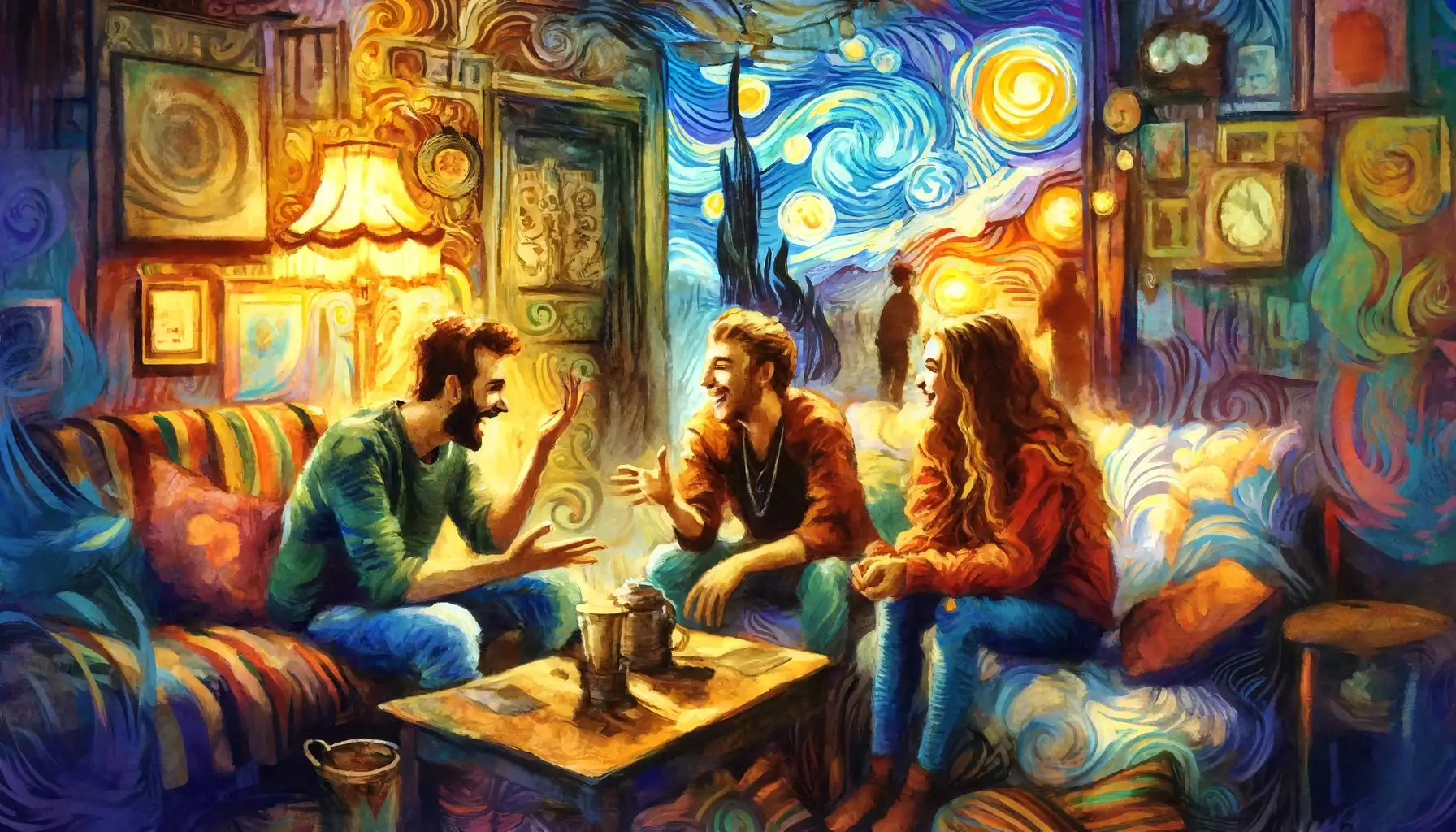“I’ve learned that people will forget what you said, people will forget what you did, but people will never forget how you made them feel.”
Maya Angelou
Ah, the Boudreau family road trips. A kaleidoscope of experiences that ranged from the sublime to the ridiculous. As an only child, I was the star of my parents’ traveling circus, a key player in debates about life’s most pressing issues—like where we’d live if we won the lottery. My mom dreamed of a villa in the hills of Tuscany, while my dad was perfectly content in South Texas, where the only hills are anthills. “You can’t tell me where I can’t (imaginarily) live!” Mom would exclaim, as if Dad had just vetoed her dream life.
But there was one trip that stood out like a sore thumb—or rather, like a water snake in the Guadeloupe River. We found ourselves at the “Waltonia Lodges” in the heart of Texas hill country. The name sounds like a paradise, but let me assure you, it was more like the setting for a low-budget cult movie. The lodges offered cabins “with or without windows,” which is like offering a sandwich “with or without bread.” And let’s not forget the river, teeming with water snakes as if they were auditioning for a nature documentary.
In the midst of this Texan fever dream, 13-year-old me met a girl. Her name escapes me now, but let’s call her Emily. Emily had a smile that could light up even the dimmest windowless cabin at Waltonia. She wore a sunflower dress that seemed to defy the oppressive Texas heat, and her laughter? It was like a melody that made even the water snakes seem charming…now, I should clarify: I don’t actually remember any of these details about her. The fog of youth and nostalgia has edited the story to make me seem far more poetic than I ever was.
Ah, young love—or whatever it is that 13-year-olds think is love. My parents, usually the directors of my life’s drama, turned into stage parents. “Go on, talk to her,” they’d urge, as if I were about to recite Shakespeare instead of awkwardly asking, “So, um, do you like, uh, stuff?”
Our first conversation was on a swing set under an elderly oak tree. Emily was reading a book about adventures in a far-off land. “Do you like to read?” she asked, her eyes twinkling like the stars we couldn’t yet see. “Oh, absolutely,” I said, “I’m a connoisseur of the sports pages of every newspaper I can get my hands on.”
Over the next few days, we spent more time together. We went on walks, skipped stones across the river (avoiding the water snakes, of course), and talked about life’s big questions—like whether the Cowboys could win the Superbowl that year. Each interaction was a small victory for me, a boy who arrived at Waltonia with the social grace of a water snake but left with the confidence of a peacock.
As we packed up our things and said our goodbyes to the peculiar paradise that was Waltonia Lodges, I felt a mix of emotions. There was a sense of relief, sure—goodbye water snakes, hello civilization! But there was also a tinge of sadness. I was leaving behind a chapter, a slice of time that had been unexpectedly transformative.
As we hit the road, the car filled with the familiar sounds of my parents debating—this time about the quickest route back home. I stared out the window, watching the landscape change, but feeling a change within myself that was harder to define. The hills of the Texas hill country rolled by like waves, each one carrying away a piece of my former self.
I thought about Emily and our time together—but more than that—I thought about myself. I had arrived at Waltonia a nervous, insecure boy, unsure of how to talk to girls or even what to say if I managed to muster the courage. But as we drove further away, I felt different—more confident, more self-assured. It was as if I had left a part of my old self behind, under that pecan tree by the swing set.
I realized then that it wasn’t just about Emily or the inconvenient charm of Waltonia. It was about me coming into my own, about discovering a new layer of myself that I didn’t know existed. Emily had been a catalyst, but the change was all mine. I felt a newfound courage, not the kind that comes from winning a debate with my parents or impressing others, but the courage that comes from self-acceptance and self-belief.
As we crossed the border back into the separate world that is Rio Grande Valley, I felt a sense of completion—as if I had closed a chapter yet opened a new one. I looked forward to getting home, but I also knew that I was bringing back something invaluable. It was as if the universe had whispered, “You’re okay, just as you are,” and that, my friends, beats any imaginary villa in the hills of Tuscany.





